Optimal Seasons for Concrete Leveling
Concrete levelings are most effectively performed during specific seasons to ensure optimal results and durability. Proper timing can prevent issues related to weather conditions and temperature fluctuations, which are critical factors in the success of the process.
Spring offers moderate temperatures and increasing daylight, making it an ideal time for concrete levelings before summer heat sets in.
Summer can be suitable if temperatures are consistent and not excessively hot, ensuring the material cures properly.
Fall provides cooler temperatures and less humidity, which helps in effective curing and long-lasting results.
Winter is generally unsuitable due to freezing temperatures that can hinder the curing process and cause further damage.
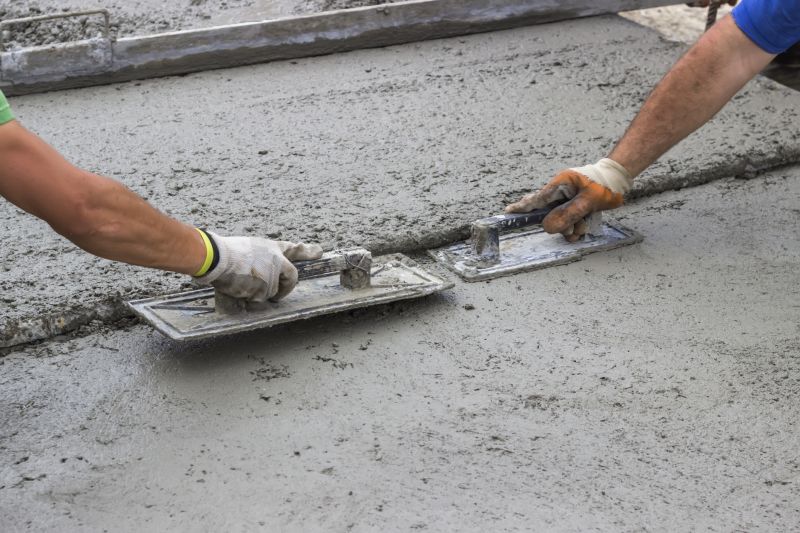
Springtime offers ideal conditions for leveling projects, with milder weather supporting proper curing.
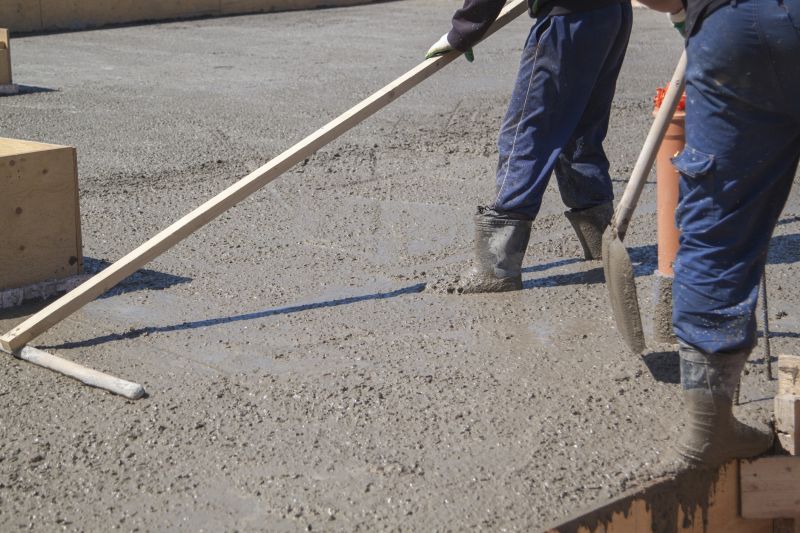
Summer requires careful planning to avoid extreme heat, which can affect the setting process.
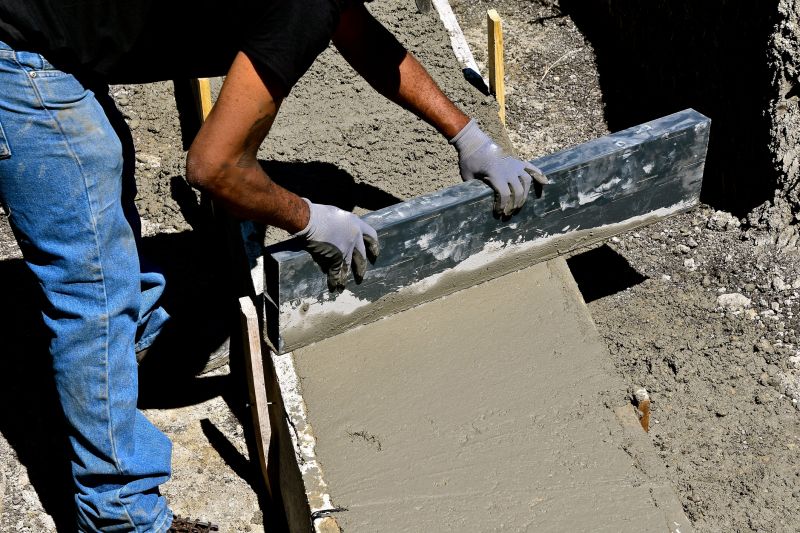
Fall provides cooler, stable weather conditions suitable for long-lasting concrete repairs.
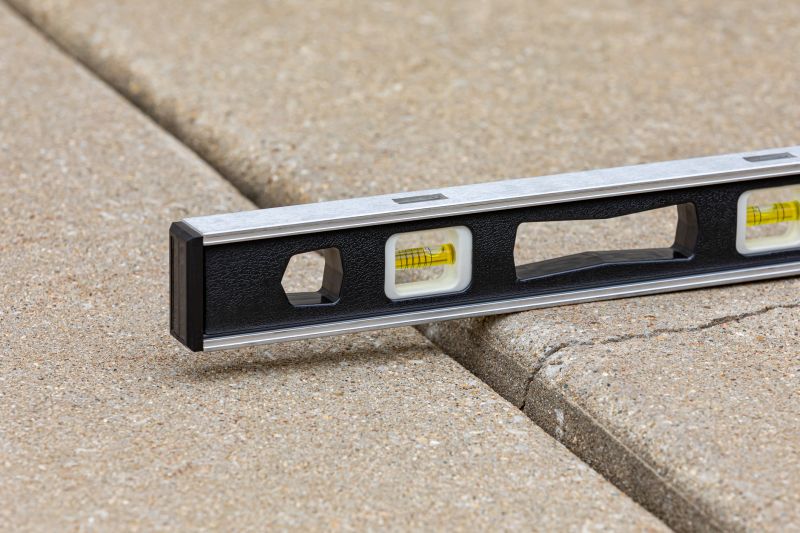
Ways to make Concrete Levelings work in tight or awkward layouts.
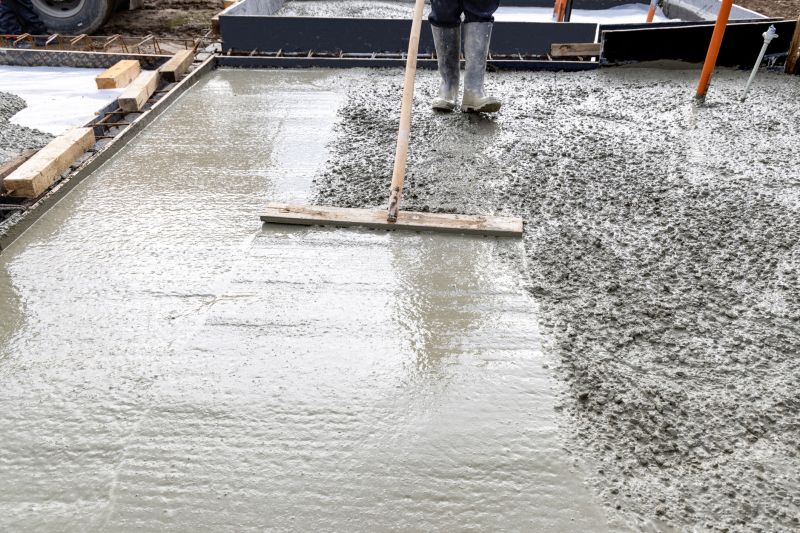
Popular materials for Concrete Levelings and why they hold up over time.
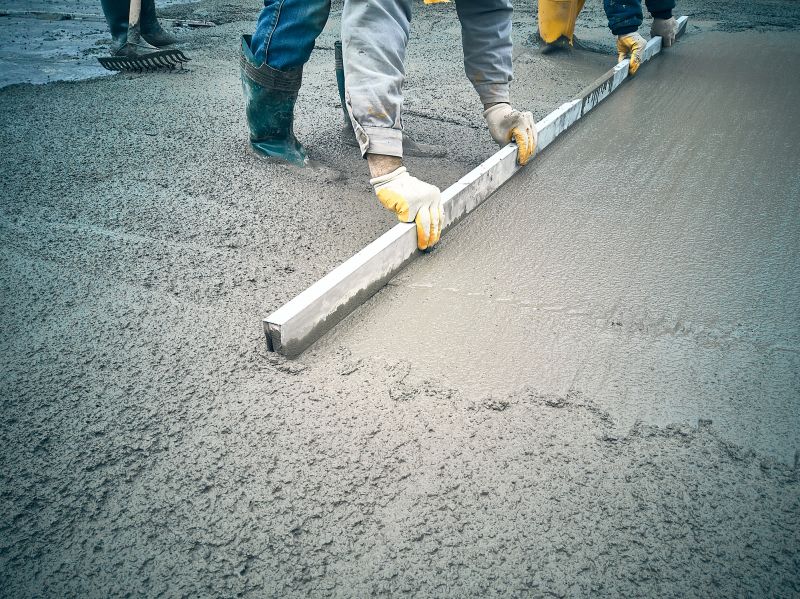
Simple add-ons that improve Concrete Levelings without blowing the budget.
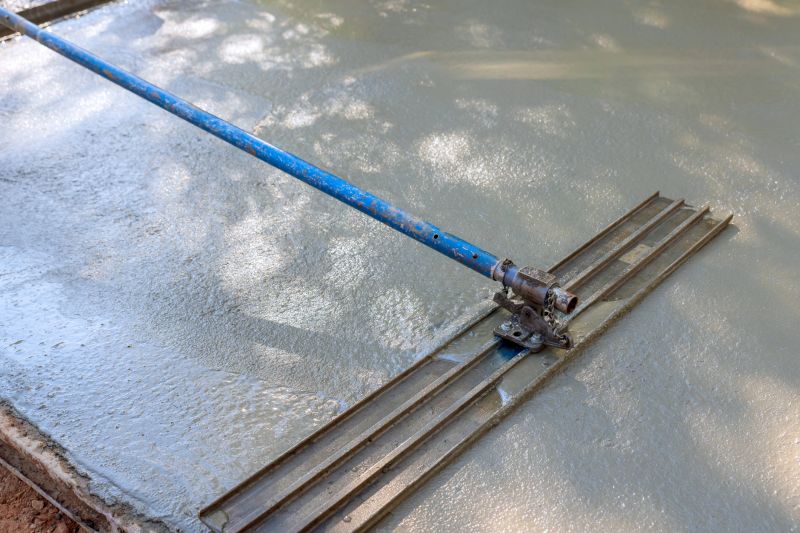
High-end options that actually feel worth it for Concrete Levelings.
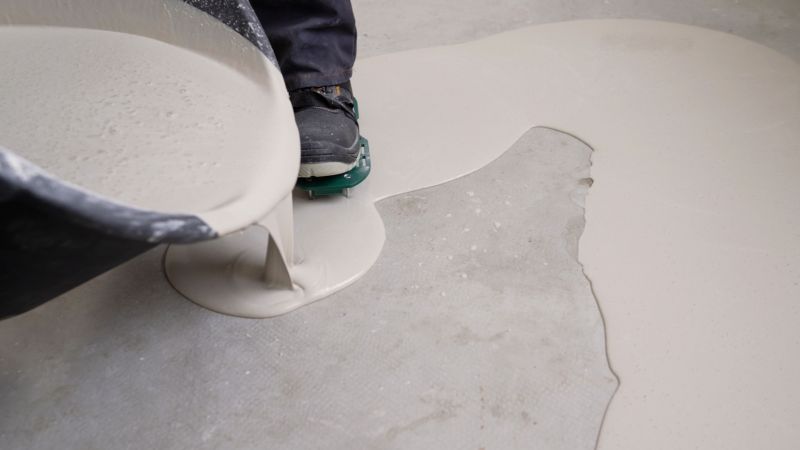
Finishes and colors that play nicely with Concrete Levelings.
| Season | Ideal Conditions |
|---|---|
| Spring | Moderate temperatures, increasing daylight, low humidity |
| Summer | Warm temperatures, avoid extreme heat |
| Fall | Cooler temperatures, less humidity |
| Winter | Freezing temperatures, unsuitable for leveling |
Concrete levelings are a practical solution for restoring uneven or sunken slabs, improving safety and appearance. The process involves raising and leveling existing concrete surfaces, often using polyurethane foam or other materials. Proper timing enhances the effectiveness of the repair, ensuring the surface remains durable and functional over time.
Statistics indicate that scheduling concrete levelings during the right season can extend the lifespan of the repair by up to 50%. Weather conditions directly impact the curing process, with optimal temperatures promoting better adhesion and stability. Conducting levelings during suitable periods minimizes the risk of future settling or cracking.
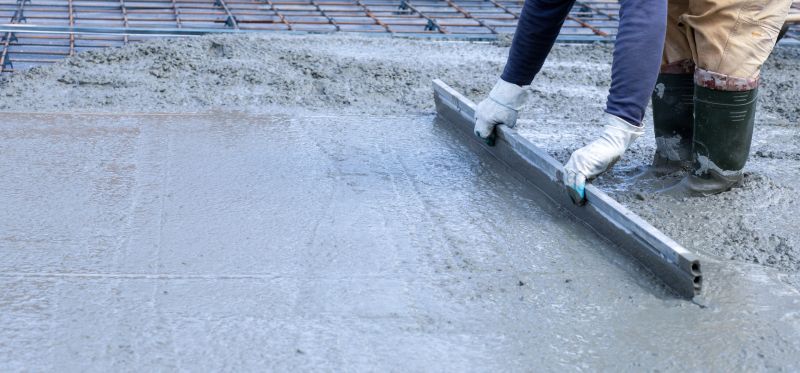
Springtime conditions support effective curing and long-term stability.
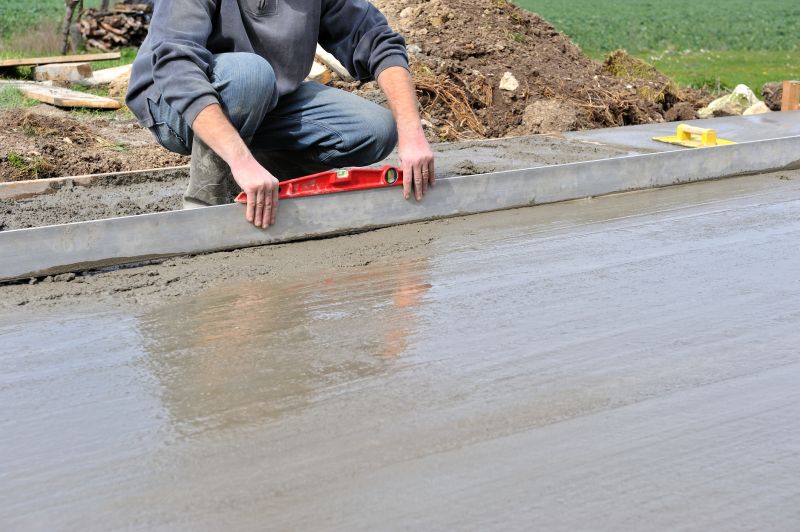
Summer requires careful timing to avoid heat-related curing issues.
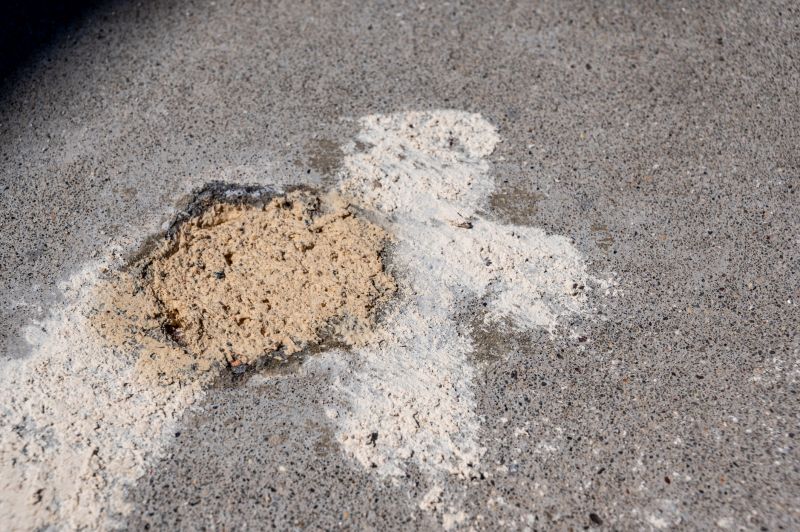
Fall offers ideal weather for durable concrete repairs.
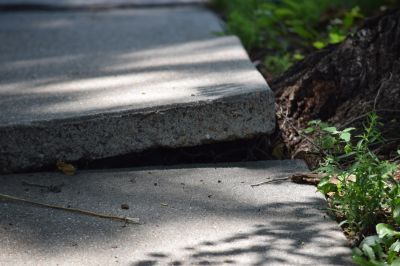
Winter is generally unsuitable due to freezing temperatures affecting curing.
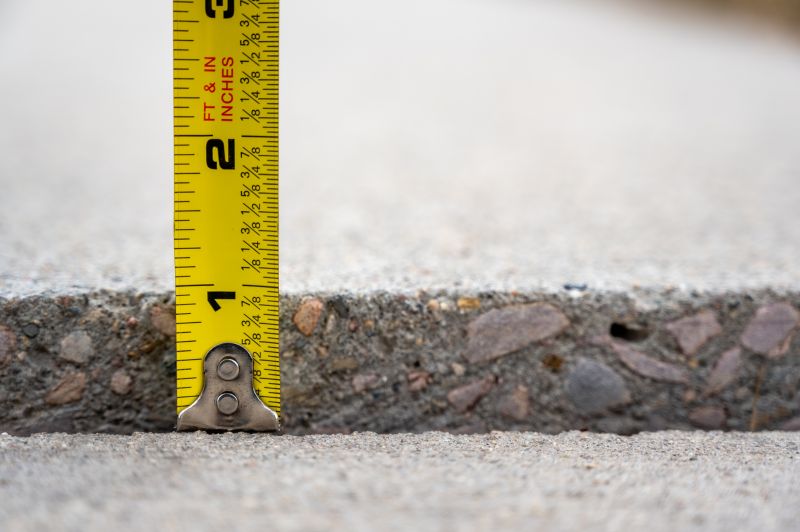
Little measurements that prevent headaches on Concrete Levelings day.
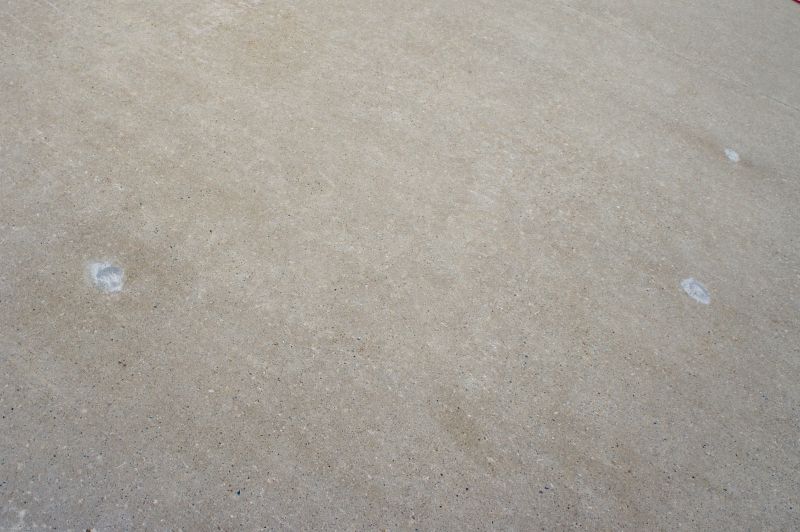
A 60-second routine that keeps Concrete Levelings looking new.
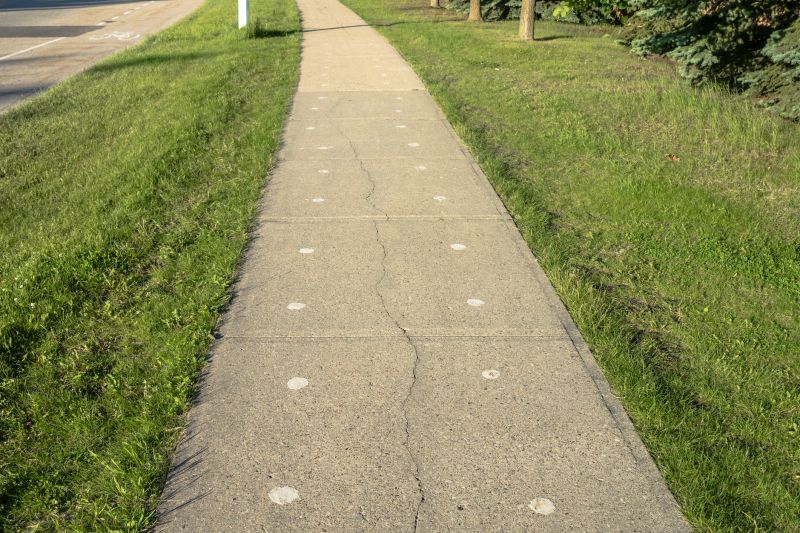
A frequent mistake in Concrete Levelings and how to dodge it.
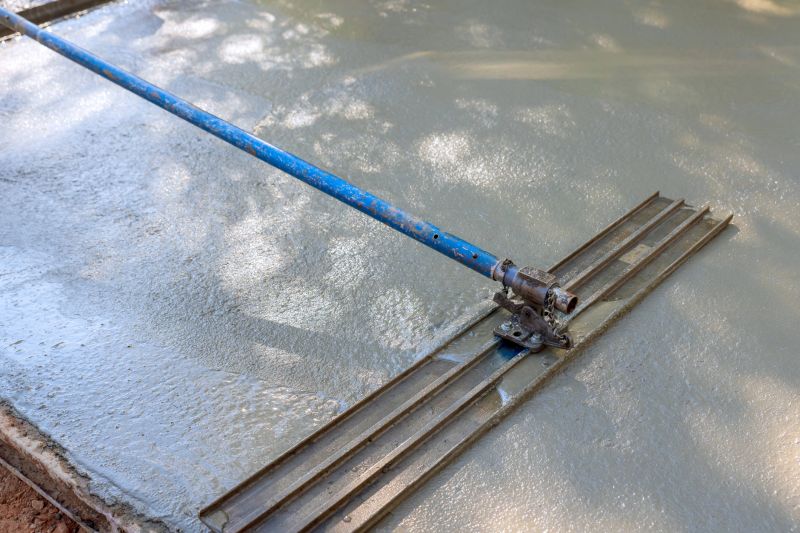
Small tweaks to make Concrete Levelings safer and easier to use.
Interested parties in Rockville, MD, can consider scheduling their concrete levelings during optimal seasons to ensure the best results. Proper timing supports the longevity and effectiveness of the repair, providing a safer and more stable surface.

